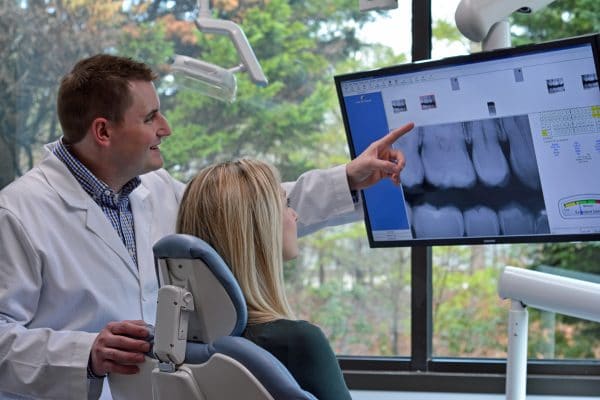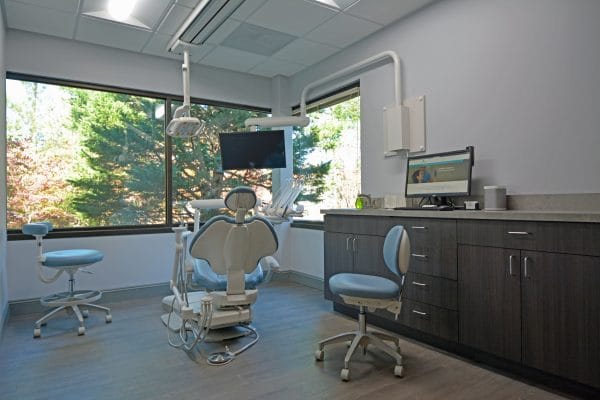Possible Wisdom Teeth Complications
If your dentist has recently told you it may be time to have your wisdom teeth removed, it is likely because they foresee possible dental complications in your future. The reason why millions of Americans have their wisdom teeth removed is to avoid the possible complications that can result from the wisdom teeth. But why exactly do we have our wisdom teeth removed and is the extraction procedure dangerous? Here is more information about the extraction procedure and the possible procedure complications.
The Wisdom Tooth Extraction Procedure
When wisdom teeth grow in, they are often too large for the mouth, causing discomfort, overcrowding, or shifting of the teeth in the mouth. There are lucky individuals who have wisdom teeth that come in and don’t cause any issues. For these individuals, their wisdom teeth may not cause any complications and it may not be necessary to have them removed. If your dentist thinks that extraction is necessary for you, they will have a discussion with you, walking you through the procedure. The wisdom teeth extraction procedure usually only takes a few hours and is fairly straight forward. When the teeth have come in fully and they are completely through the gum tissue, they are the easiest to remove. When the teeth are trapped below the gum tissue and are impacted or partially impacted teeth it may require a more invasive procedure and involve an oral surgeon. How complicated your extraction procedure will be all depends on the health of your teeth and the status of your wisdom teeth (erupted vs. impacted).
Complications from Wisdom Teeth Extraction
Today, the wisdom teeth extraction procedure is a very common procedure. But complications are possible and occur in 3-30% of extractions. Here are the most common complications of the wisdom teeth extraction procedure:
- Dry Sockets: Immediately after the teeth are removed, blood clots form to protect the underlying nerves and bone. These blood clots are an essential part of the healing process. Dry sockets are caused when these blood clots are dislodged. Dry sockets usually occur in the first 3-5 days after the procedure. Symptoms of dry sockets to be aware of include pain, a foul smell, and bad taste in the mouth.
- Pain and Swelling: The most common complications of the extraction procedure are pain and swelling. Pain and swelling can vary from person to person and may also be due to the extent of the procedure performed. Your dentist will provide you tips to deal with this expected pain and swelling, including: pain medication, icing, and avoiding strenuous activity.
- Limited Mobility: Sometimes patients experience trouble opening their mouth post-procedure. Limited jaw mobility is more likely when patients have their impacted wisdom teeth removed. If you are experiencing this complication contact your dentist immediately and they will help you treat it.
- Excessive Bleeding: Some patients experience excessive bleeding immediately after their procedure. The best way to minimize bleeding is to avoid smoking, rinsing the mouth, and excessive activity after the procedure.





High-Quality Dental Care
At Cornerstone Family Dentistry in Chapel Hill, all our services are performed with the patient in mind. We want you to feel comfortable in the dental chair, confident in our work, and most importantly, we want you to fall in love with your smile again. If you would like to schedule an appointment or if you have any questions about cosmetic procedures that we offer, please contact us at (919) 595-1010.
